The challenges from the growing trend of “Foreign Agents” legislation enactment
The second panel provided impactful insights into the growing trend of limiting the freedom of speech of media and civic organizations. Speakers from different parts of the world shared their experiences of dealing with increasingly restrictive “foreign agent” laws being enacted in their countries.
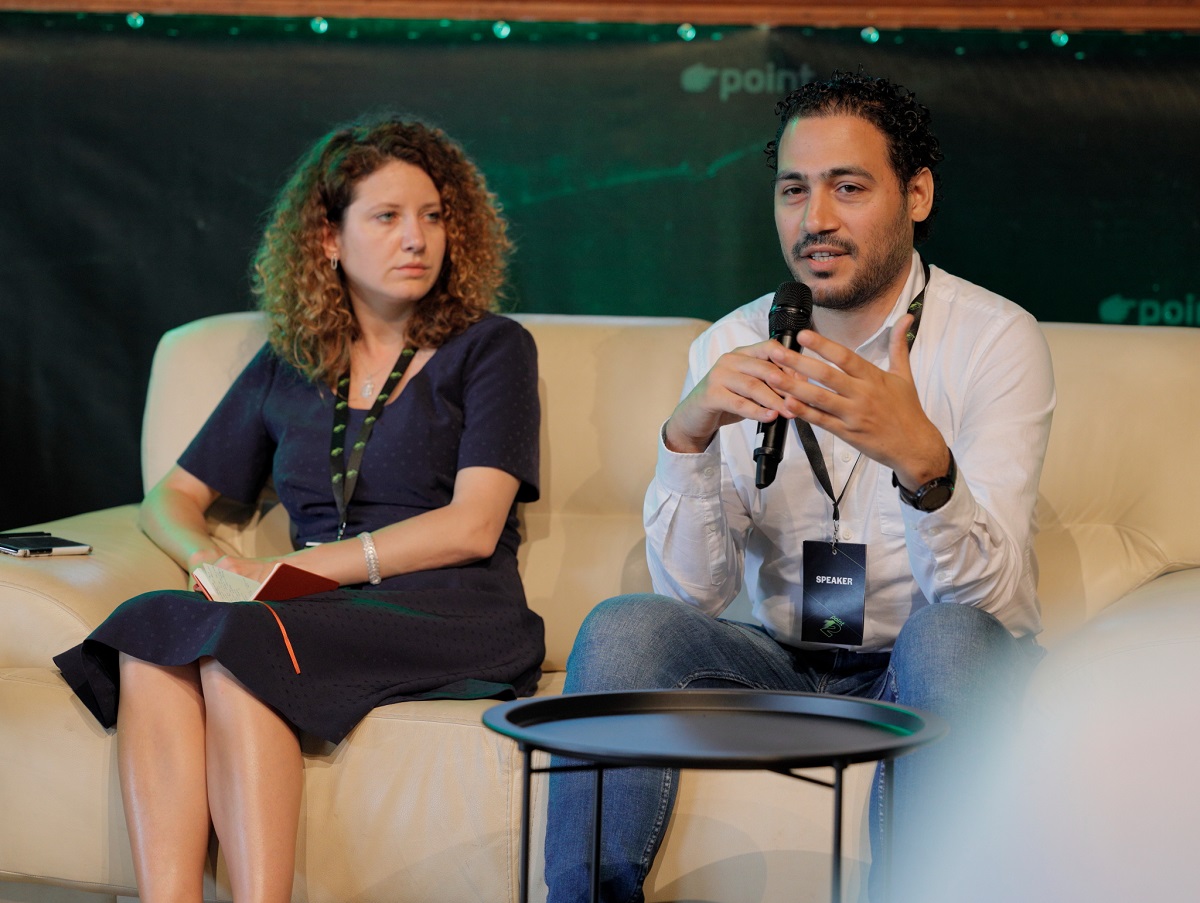
Moderator Denis Džidić from BIRN opened the second panel on Monday – “So, we’re all foreign agents. Now what?” – with questions to speaker Tamar Kintsurashvili from the Media Development Foundation in Georgia about the recently enacted “Law on Foreign Agents” in Georgia. This law has raised many questions about freedom of speech and the disabling of the work of civic organizations funded by international entities.
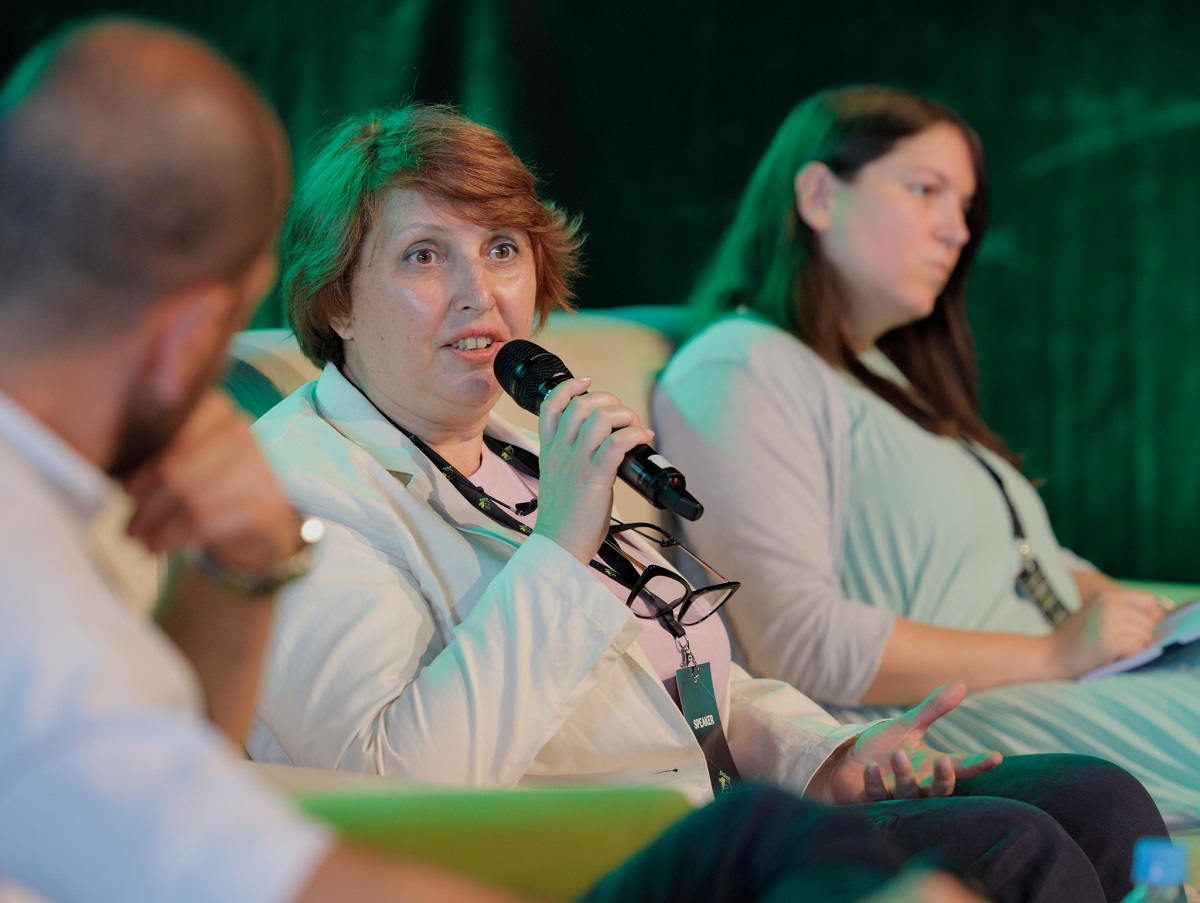
Kintsurashvili discussed how, since the invasion of Ukraine, the Georgian government has changed its internal policy regarding foreign partners, and how the recent adoption of the law has resulted in attacks on civic organizations. Her CSO’s office was vandalized even before the law was enacted, and many other CSOs have already been labeled traitors and executors of foreign interests rather than servants of the Georgian people. She noted that Western funding coming to Georgia is used to support the fight for democracy, but that democracy itself is seen as a threat by the current government. Due to these challenges, Kintsurashvili stated that their organization plans to register abroad but continue operating locally.
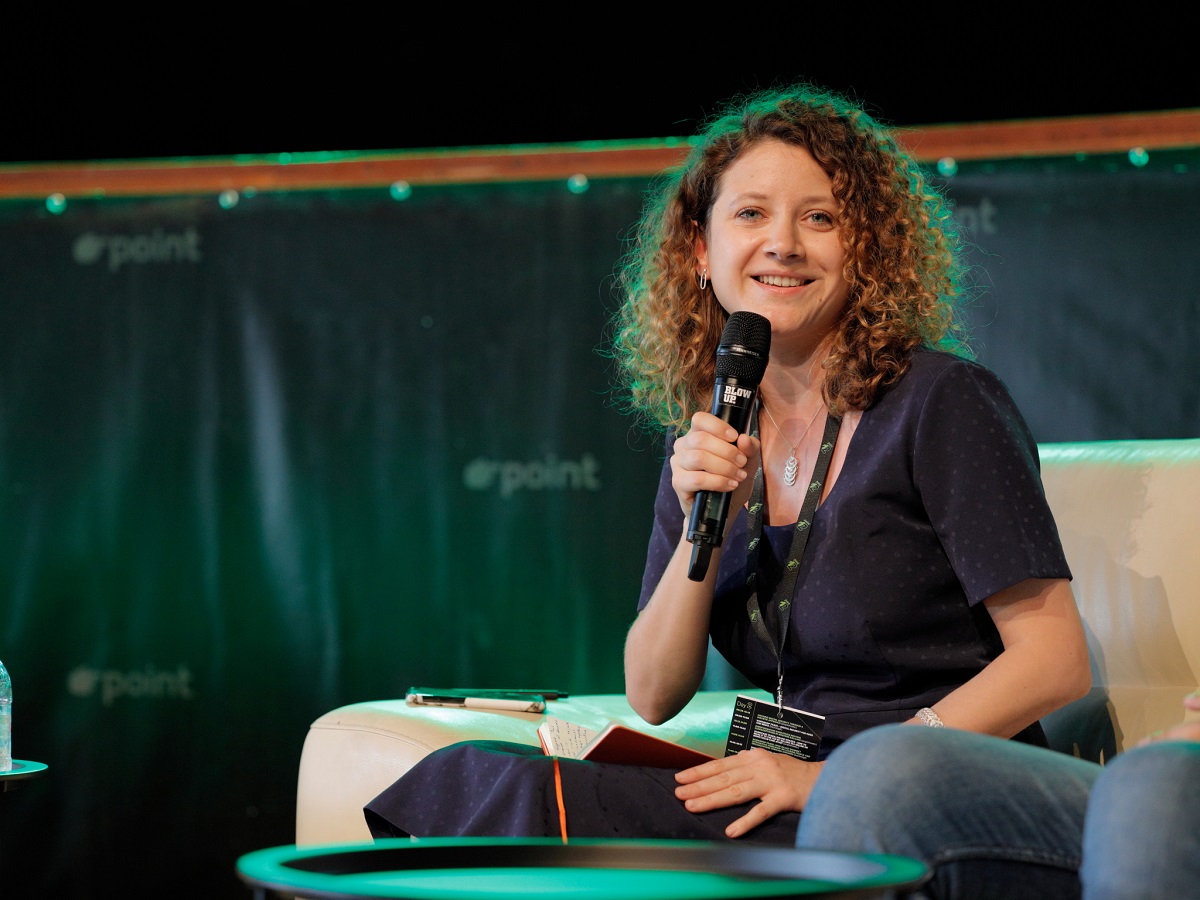
Hanna Liubakova, a journalist and analyst from Belarus, noted that there isn’t a specific law on foreign agents in Belarus—not because Belarus is a democratic country, but because the dictatorship there is so entrenched that such a law is unnecessary. Since 2001, laws restricting foreign funding for CSOs and the media have been in place. She explained that media workers in Belarus who report on politics or conduct investigations are likely to end up in jail, with around 38 media workers currently imprisoned. While some independent journalists remain in Belarus, it is nearly impossible for them to engage in critical reporting. However, their presence is crucial as they act as eyes on the inside for those in exile who can report critically.
Ahmed Attalia from the Egyptian Front for Human Rights noted that the situation in Egypt is similar, with many independent media and CSOs working internally and reporting to those in exile. He stated that leaving is not just a means of survival but a strategic decision to continue activism freely. He highlighted various tactics used to resist government pressure, such as collaborating with EU officials and organizations to share experiences and best practices.
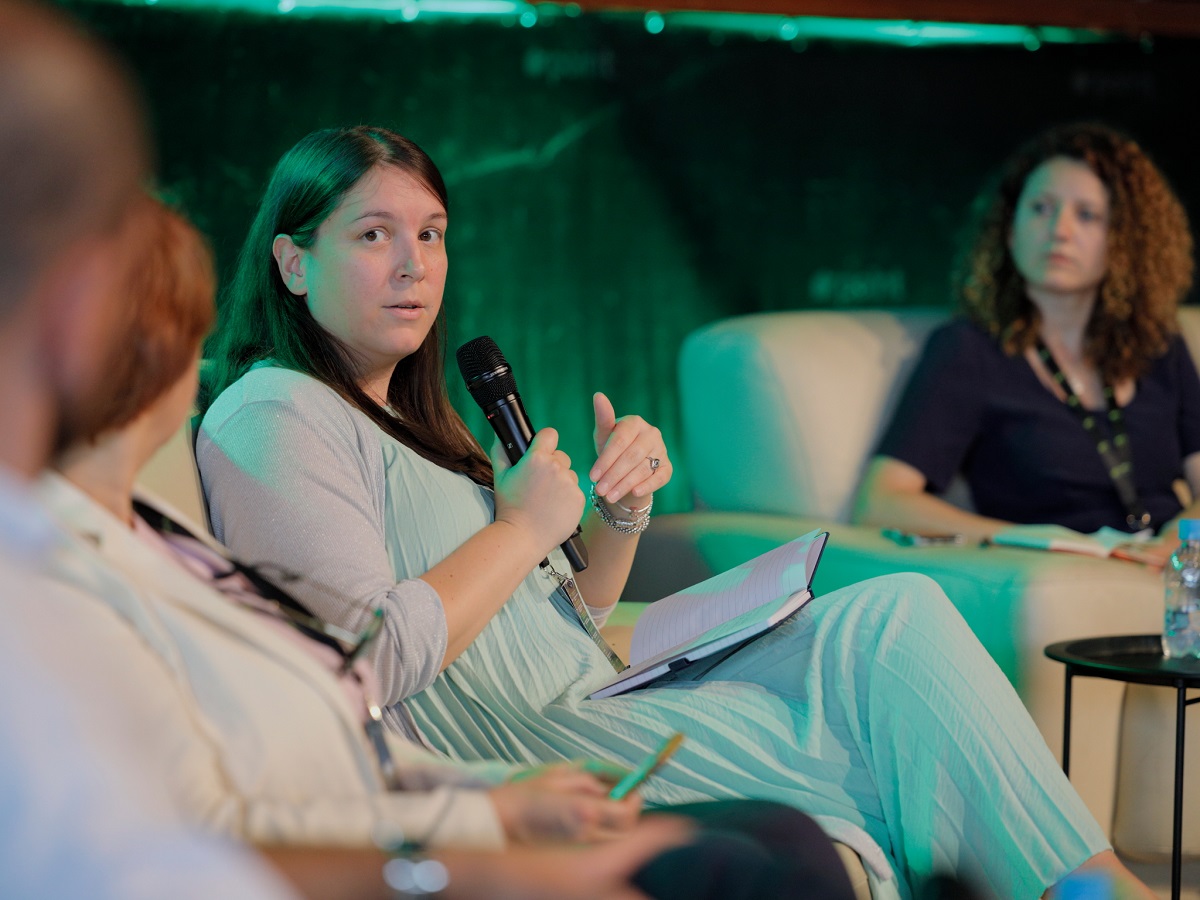
Ivana Korajlić, Executive Director of Transparency International BiH, explained the situation in Republika Srpska, where a “Foreign Agents Act” similar to the one in Georgia was about to be enacted. Fortunately, under pressure from civic organizations and the public, the law was withdrawn. However, she noted that other methods are used to pressure civic organizations and the media, not necessarily related to specific laws.
“You don’t need a Foreign Agents Act when you have such a strong authoritarian government. There are many other ways for organizations to be labeled as foreign agents and have their work discredited. I think this is the biggest challenge.”
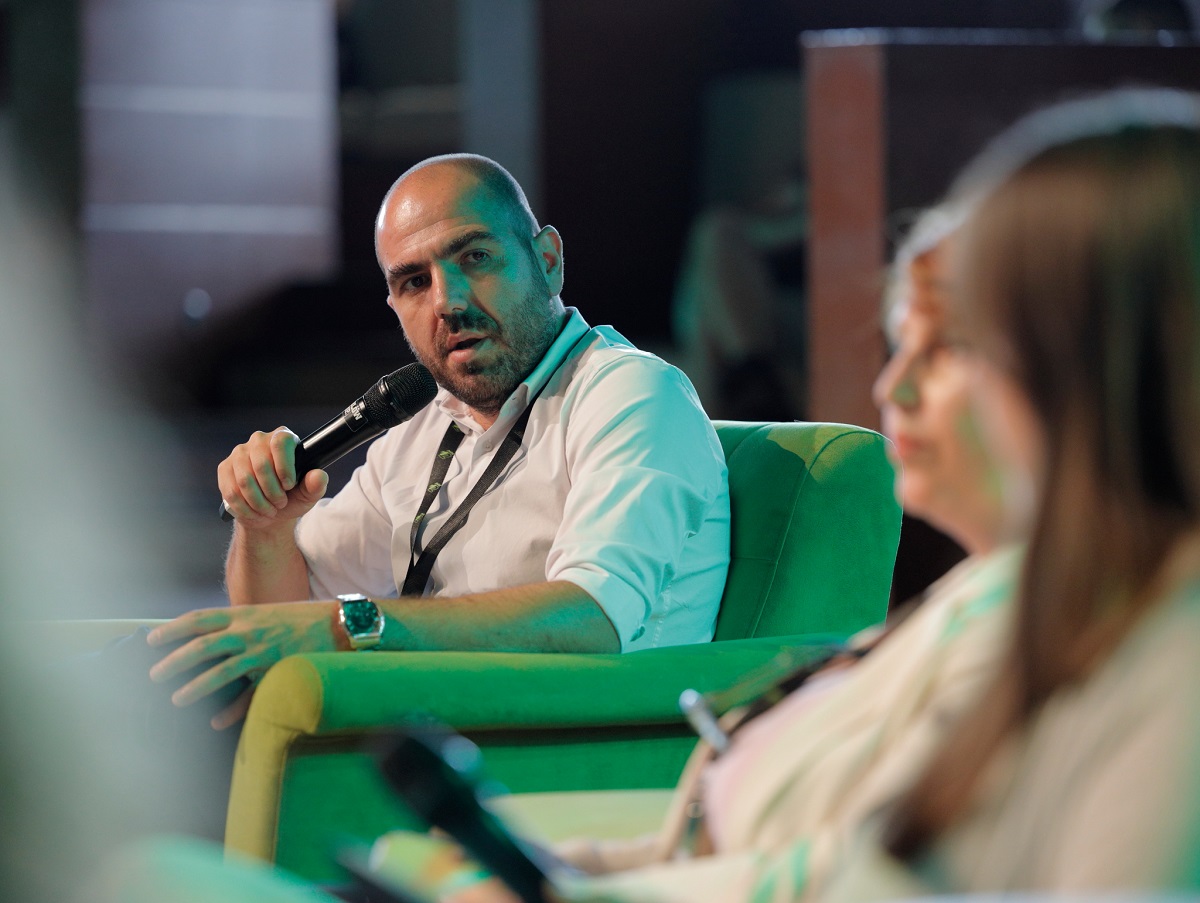
She also discussed the trend of enacting restrictive laws regionally and globally, and how these undemocratic practices are becoming more popular among governments, with severe consequences for CSOs and media workers. She stressed the importance of investing more effort into strengthening the position of CSOs in society.
The session concluded with a few questions from the audience, which the speakers gladly answered. Participants noted that the Georgian “Law on Foreign Agents” was advertised as similar to a US law, even though it was modeled after a Russian “law on foreign agents”. The speakers agreed that governments use various methods to restrict the work of independent media and CSOs and emphasized that necessary steps must be taken to protect these organizations, as their work is crucial to a democratic society.
Author: Lamija Haračić